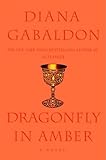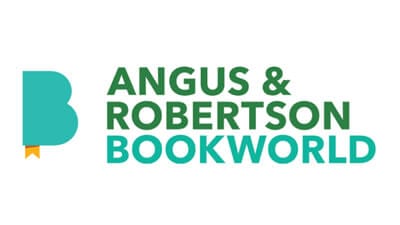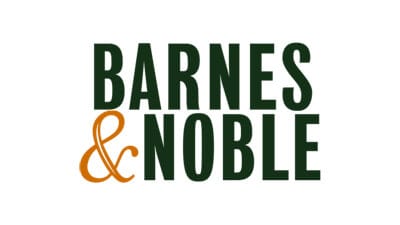Novel set in KENT, LONDON, PARIS
The Things We Learn When We’re Dead

Location(s): Edinburgh, Crete, East Lothian
Genre(s): Fiction
Era(s): Contemporary
The Things We Learn When We’re Dead is a modern fairytale of love and loss. It’s about the subtle ways in which we change, and how the small decisions that we make can have profound and unintended consequences.
On one level, the book is a simple story of a young woman’s life. But, for those readers who want to make the connection, The Things We Learn is also a retelling of The Wizard of Oz: how a young woman in ultimately tragic circumstances comes to reassess her life and find a new beginning.
Lorna Love, born and brought up in small-town Scotland, is apparently killed in a car accident on the day of the London bus and tube bombings. But the afterlife isn’t quite what she expected. For a start, Heaven is a broken-down spaceship and God is the double of Sean Connery.
However, the book is neither fantasy nor sci-fi; Heaven simply a dreamscape through which Lorna comes to see her life through new eyes. It allows the narrative to move between Heaven and Earth, retelling Lorna’s life in flashback – from the people she loved, to the death of her brother, and the ill-fated pregnancy and termination that precipitated her accident. The emotional finale of the book is when her best friend becomes a victim of the King’s Cross underground train bombing.
The reader will understand the overall familiarity and tradition of the utopia/dystopia narrative and that Lorna is far from dead. As Heaven begins to offer mirror-images of her life on Earth, the reader will also understand that the book is about why Lorna went to Heaven and why she’ll be given a second chance of life.
In fulfilling familiar expectations, the book offers a counterpoint between the absurdities of Lorna’s imagined Heaven and banality of her rather ordinary life. The book, grounded in the 9/11 and 7/7 bombings, also offers the metaphor that we are all connected, even by distant events.
It is, essentially, a humorous book, using an oblique construct to provide a new perspective on a familiar theme. But, while making the familiar unfamiliar – and therefore making the readers’ journey worthwhile – it also reassures them that Lorna will have her second chance.
Of course, like Dorothy before her, Lorna chooses to go home.
To review this book, please
















 Please wait...
Please wait...
